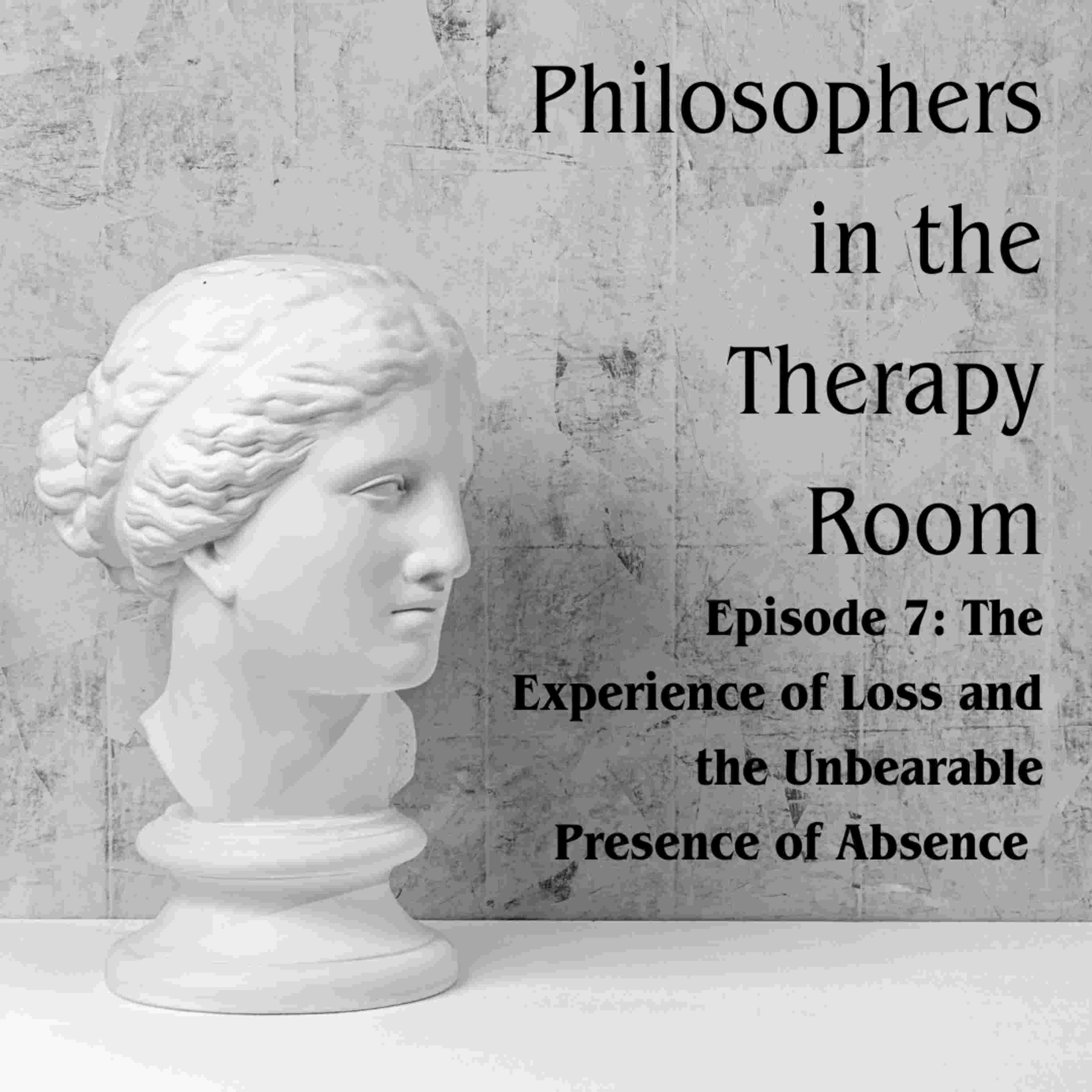

In this episode, Sameema Zahra and I explore the deeply transformative experience of loss through the lens of phenomenology, drawing particularly on Jean-Paul Sartre’s notion of “present absence.” Sartre describes how, even when someone or something is no longer physically present, their absence is still profoundly felt, shaping our lived experience as if they continue to exist in a different way. This idea of a "present absence" captures how loss lingers in our consciousness, constantly influencing how we relate to the world and to ourselves.
We discuss how, in the wake of loss, our perception of the world changes—everyday objects, places, and routines take on new significance or emptiness. The presence of the absent person or thing becomes a haunting force, reshaping the emotional and existential landscape we inhabit. This phenomenon impacts not only our external world but also our inner world, forcing us to confront the ways in which our sense of self is intertwined with those we lose.
In the therapeutic context, we explore how acknowledging and working through this experience of present absence can help clients process grief. By recognizing the ways in which the absent person still "exists" within their life, clients can begin to make sense of the changes to their emotional world, find meaning in their ongoing relationship with the loss, and navigate the reconstruction of their identity after such a profound shift.